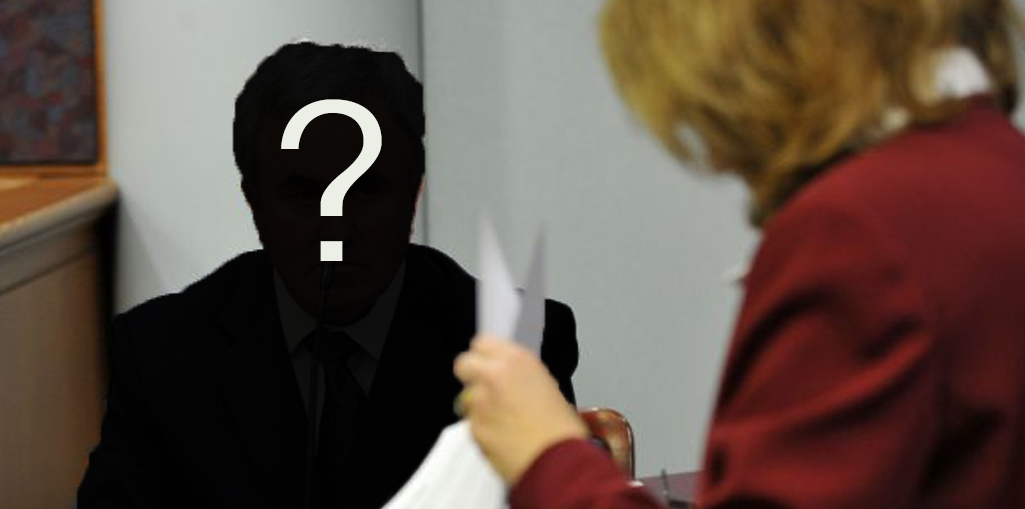
The justice system has to be able to conduct lengthy criminal trials even when important witnesses can’t be there. For example, a typical murder trial will last at least two to three weeks, and may require the testimony of dozens of witnesses. Because of the backlog in our court system, it can be fairly unpredictable as to exactly when a trial will start. For instance, even after all the formal delays in starting a trial (known as asking for a “continuance”), the state still has 10 days to “trail” the case as they wait for a courtroom to become available. And none of this takes into account the time between when an alleged crime occurs and when a case actually goes to trial. In fact, a trial can be years in the making.
So what happens if a witness who has important testimony simply won’t be available when a case finally goes to trial? Sometimes an important witness for either the prosecutor or the defendant will fall ill, move out of the country, or any other number of things happen which would make them unavailable to appear at the trial. The solution to this dilemma is what is known as a “conditional examination.” The procedure to be used in such an examination is carefully crafted to protect the prosecution and the defense and the ability of both to have a fair trial when that time comes.
California Penal Code Sections 1335 through 1345 set forth the circumstances when a conditional examination may be conducted. A conditional examination is appropriate when a witness is: 1) About to leave the state, 2) So sick or disabled that their ability to testify is in doubt, 3) Sixty-five years of age or older, or 4) A dependent adult. For purposes of the “conditional examination” the witness’ testimony is taken in a normal courtroom setting. The Judge, Prosecutor, Defendant and his counsel are all present. While a jury is not present, the testimony is audio and video recorded. If the witness is truly unavailable for trial the tape recording can be played for the jury during the trial. The testimony given at a conditional examination has the same force and effect as if the testimony were conducted live and in person in front of the jury.
The usual scenario that unfolds is a witness is expected to be unavailable for trial and since the prosecution has the burden of proof, it’s usually the District Attorney who wants to preserve the evidence. It could be a dying witness where the conditional exam could be conducted even in the hospital room of the dying witness. However, it is equally available and effective for the defense to use this tool to preserve evidence that could prove a defendant is wrongfully accused. Consider this situation: A homicide occurs. 7 years later a man is brought to trial for that murder. Many of the witnesses with relevant testimony are either in prison, dead, or live out of state. An out of state witness who has important eyewitness testimony that exonerates the defendant is flown in, but the trial date is pushed back a month. This witness has a life threatening illness that may cause him to be incapacitated and unable to travel for the new trial date. It may be impossible for the witness to fly back and subject himselfs to the rigors of a trial.. What does the defense attorney do? A conditional examination is the answer. Give the prosecutor a chance to cross examine the witness but don’t lose the defendant’s freedom because you, as his lawyer, don’t know that there are options to preserve the testimony.
The criminal defense lawyer must know how to use every tool at his disposal. Opportunities can be lost without even knowing they were available if you don’t have an experienced criminal defense lawyer. The availability of the conditional examination is just one more reason why it’s critical to have a State Bar Certified Specialist in Criminal Law defending you in your time of crisis.
 Orange County Criminal Defense Lawyer Blog
Orange County Criminal Defense Lawyer Blog

